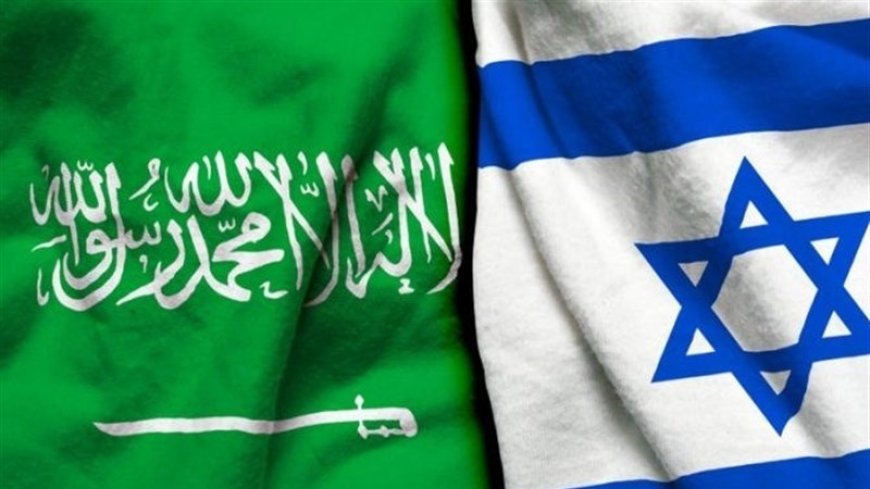Saudi Ambassador: Normalization with Israel "A Remote Possibility"
Riyadh's Stance Firm on Palestinian Rights and Statehood

In a recent statement, Saudi Arabia's Ambassador to London, Prince Khalid Bin Bandar, clarified that the normalization of relations between Riyadh and Tel Aviv remains a distant prospect. The ambassador emphasized that any potential normalization will not come at the expense of Palestinian rights.Speaking at a high-profile conference, Ambassador Khalid Bin Bandar underscored that normalization holds little significance without the establishment of an independent Palestinian state. He stressed that a sustainable solution to the Israeli-Palestinian conflict is paramount for any diplomatic progress.
"Saudi Arabia recognizes the country of Palestine, and our stance is clear—normalization cannot occur without addressing the core issue of Palestinian statehood and their inherent rights," said the ambassador. He pointed out that the existence of Palestine is a historical reality and not contingent on current diplomatic maneuvers.
Regional and International Reactions
The ambassador's remarks have elicited varied responses from the international community. Analysts believe that Saudi Arabia's position could influence other Arab nations considering normalization deals with Israel. The emphasis on Palestinian statehood highlights the complexities surrounding Middle Eastern diplomacy.
Experts suggest that Saudi Arabia's firm stance aligns with the broader Arab Peace Initiative, which conditions normalization on the establishment of a Palestinian state based on pre-1967 borders with East Jerusalem as its capital.
Diplomatic Implications
The declaration by the Saudi ambassador comes amid increasing speculation about potential Saudi-Israeli ties following the Abraham Accords, which saw several Gulf states normalize relations with Israel. However, Saudi Arabia has maintained a cautious approach, consistently advocating for Palestinian rights.
Ambassador Khalid Bin Bandar's statement reinforces Riyadh's commitment to the Palestinian cause and suggests that any shift in relations with Israel would require substantial progress towards a viable Palestinian state.
Broader Impact on Middle East Peace Efforts
The ambassador's comments also reflect the broader sentiment within the Saudi leadership, emphasizing the importance of a fair and lasting resolution to the Israeli-Palestinian conflict. This stance not only influences regional geopolitics but also aligns with international calls for renewed peace negotiations.
As the situation evolves, Saudi Arabia's position will likely play a critical role in shaping the future of Middle East peace efforts. The international community will be closely watching Riyadh's actions and statements for indications of potential shifts in regional dynamics.
In conclusion, while the prospect of Saudi-Israeli normalization remains remote, the emphasis on Palestinian rights and statehood underscores the enduring complexities of Middle Eastern diplomacy. The path to peace and normalization, as reiterated by Ambassador Khalid Bin Bandar, hinges on a just and equitable solution for the Palestinian people.













































